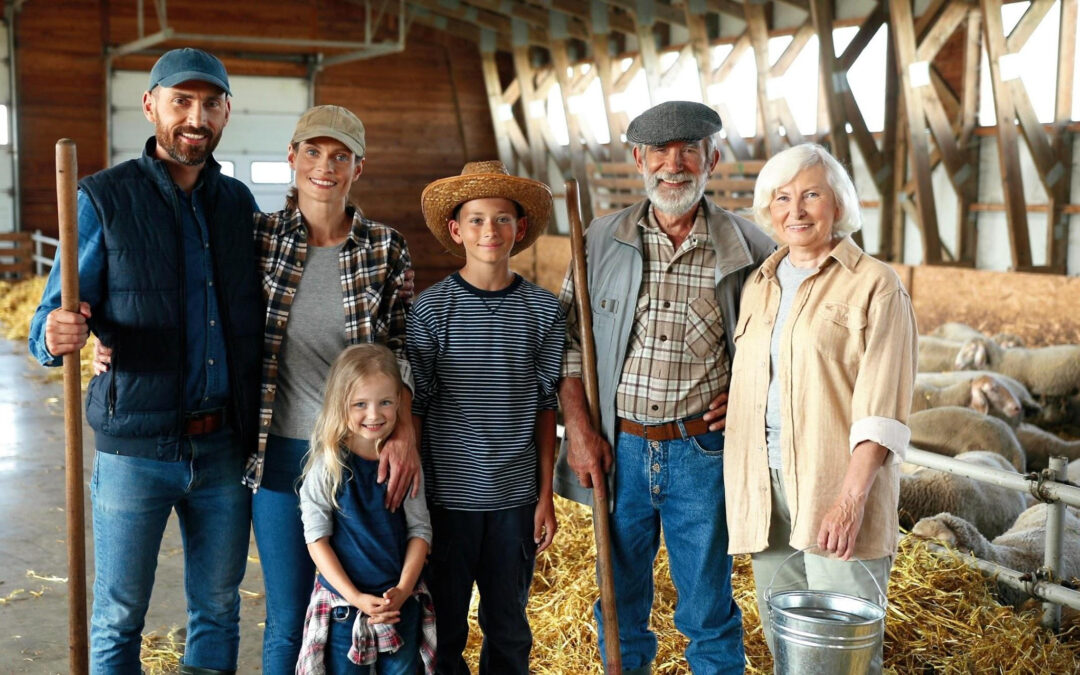Many farmers and ranchers in Texas are wisely focusing on annual year-end tax management. Often with help from accountants or tax preparers or both, they’re fine-tuning sales, purchases, and other business decisions to keep taxes low and strengthen their farms financially. However, too many farmers and ranchers are ignoring an even more critical decision: how to pass on their farm or ranch to the next generation. It is called succession planning or transition planning, no matter what it is called, it will help your next generation navigate a complicated terrain. A few statistics from the U.S. Department of Agriculture and farm organizations illustrate the need for succession planning because the average age of U.S. farmers is 58. 70% of U.S. farmland likely will change hands during the next two decades. And roughly half of the farmers don’t have a succession plan. There are many reasons why farmers and ranchers haven’t developed succession plans. They are preoccupied with daily challenges, taxes, etc. and retirement planning is complicated and can take up a good portion of their time. Succession planning can also be a difficult discussion to have with family and non-family members.
Succession planning can be complex in all sorts of scenarios. For instance, there is more than one way to do it right. Also, successful farm and ranch owners are busy. Finding the time to talk to your family about it can seem like an obstacle. Many feel uncomfortable with the thought of selling their farm or handing over control to family members. However, taking the time to develop a bullet proof succession plan for your farm or ranch so it transfers to its next generation of leaders, you’ll help ensure that your family’s wishes are met and emotional stress is minimized.
What should You Know About Succession Plans?
Unlike estate plans, which concentrate on tax liabilities and the various ways to lessen the tax burden, transition plans focus on the farm’s future. They go hand in hand with an estate farm plan. When you decide to retire, your farm succession plan may include:
- Transferring or selling ownership to a vested family member. To be fair to non-farming heirs, you may leave them with equal settlements of money, stock, or other assets.
- Liquidating farm assets, such as auctioning equipment and livestock or selling land.
- Renting or leasing your land and equipment.
- Selling or contracting the property.
Transition plans sometimes fail because certain risks were not considered during the planning stages. This may include inadequate cash flow, liquidation of some assets to provide for retirement, poor farm estate planning, unresolved issues between family members or a successor who’s not prepared to lead and manage the farm business.
It’s essential to enlist the help of qualified professionals who do not have a stake in the final decisions. They can help you make sound, unbiased decisions for your farm estate. Qualified professionals usually include financial planners, moderators or arbitrators, accountants, bankers, and business succession attorneys, like Stephen Hyland at The Werner Law Group.
If you need a team with experienced guidance to plan the succession of your farm or ranch, reach out to us today and get the help you need. Our team of creative-minded attorneys and accountants can guide you and your next generation through a succession plan that will ease everyone’s minds.

